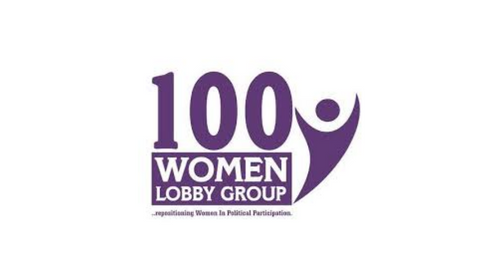
The organisation made the call in Abuja during a cluster dialogue with federal ministries, departments, agencies, and universities on gender-based violence-themed, “leadership, governance, and humanitarian issues.”
The National Coordinator of the group, Mrs Felicia Onibon said, “This meeting is one of a series that we have been holding with MDAs to ensure that the gender mainstreaming strategy we have in place is achieved. We also want to follow up and ensure that Nigeria is benefitting from the relationship between men and women when it comes to sustainability development.
“If we want to give the social structure in Nigeria a boost, then women, girls, men, and boys should have a feel of this within the system, so we feel that the MDAs should ensure that the gender policy that has been approved in 2022 should become a document they use within the ministry, and to ensure that women and men are given adequate opportunity to attain their various goals.”
‘’We all know that we do not have a good number of women in top leadership positions in the ministries, we all know that it cuts across even the political arena where every period we have elections, the number of women that become leaders or representatives of other women dwindles.”
“So, if this meeting is a regular thing and people are aware of the disservice done to the average Nigerian by not having an equitable society, then those who are managing the process will then know what to do,” Onibon said.
She noted that the group is working with some universities through the Centres for Gender Studies and Youth Advancement to teach postgraduates and undergraduates about gender policy.
“We want this to be part of what they are taught and let them understand that there is gender policy.
“So, more women should be given opportunities in the society to lead processes, and there is a need for more understanding of gender mainstreaming,” she added.
On her part, the Director of the Center for Gender Security Studies and Youth Advancement at the University of Abuja, Dr. Gloria Ibikunle said, the institution is training some students to speak up against gender-based violence, and sexual harassment.
‘’Right now, we are training a selected number of students, both females and males on how they can assist their fellow students to speak up, that’s one of the greatest problems of GBV, It can be perpetrated by a fellow student, it can be rape and sexual harassment maybe by lecturer or non-academic staff.
“Nigeria is a patriarchal society, women are often not brought up to speak up, so they help them to speak up where a fellow student is having this experience, they help provide psycho-social support,’’ she said.





